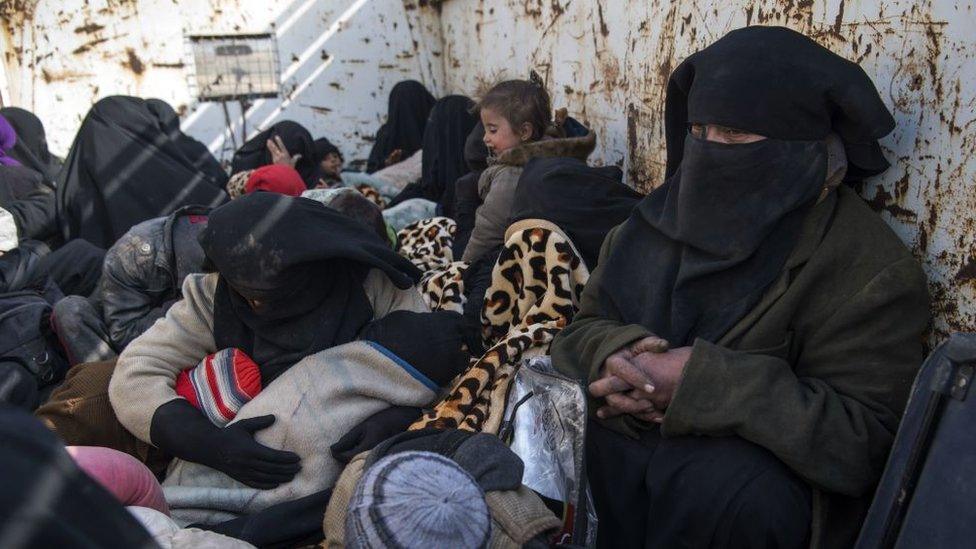US citizen Ruslan Maratovich Asainov charged with IS terror offences
- Published
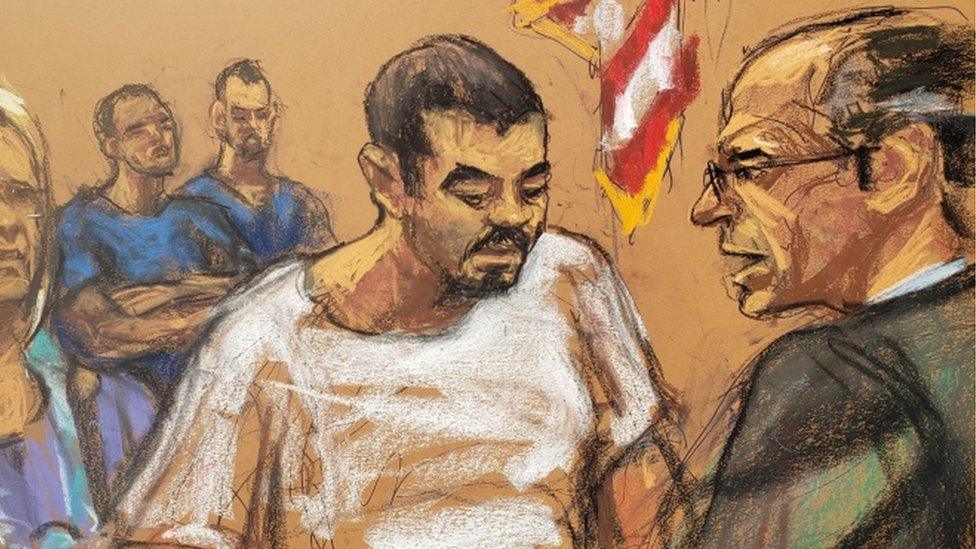
Ruslan Maratovich Asainov appeared before a court in New York
A naturalised US citizen captured in Syria where he was allegedly a sniper for the Islamic State (IS) group has been charged by US federal prosecutors.
Ruslan Maratovich Asainov is accused of providing material support to a terror group and training terrorists.
Originally from Kazakhstan, he was captured by Kurdish-led forces and handed over to the FBI.
Mr Asainov was brought back to the US on Thursday and brought before a federal judge in New York.
He is believed to be the first IS combatant returned to the US from Syria to stand trial. He has not yet entered a plea.
Investigators say Mr Asainov, 42, left his home in Brooklyn, New York, in December 2013 and travelled to Istanbul, Turkey.
From there he went to Syria and joined IS, rising through the ranks to attain the title of "emir" (chief), responsible for weapons training, according to court documents.
Investigators say that while in Syria he kept in contact with people in the US and in one message in 2015 said: "We are the worst terrorist organisation in the world that has ever existed."
He also allegedly tried to recruit someone in the US, unaware that the person was acting as an informant for New York police, the court documents say.
"The defendant, a naturalised US citizen residing in Brooklyn, turned his back on the country that took him in and joined ISIS (IS), serving its violent ends in Syria and attempting to recruit others to its cause," said US Attorney Richard Donoghue in a statement.
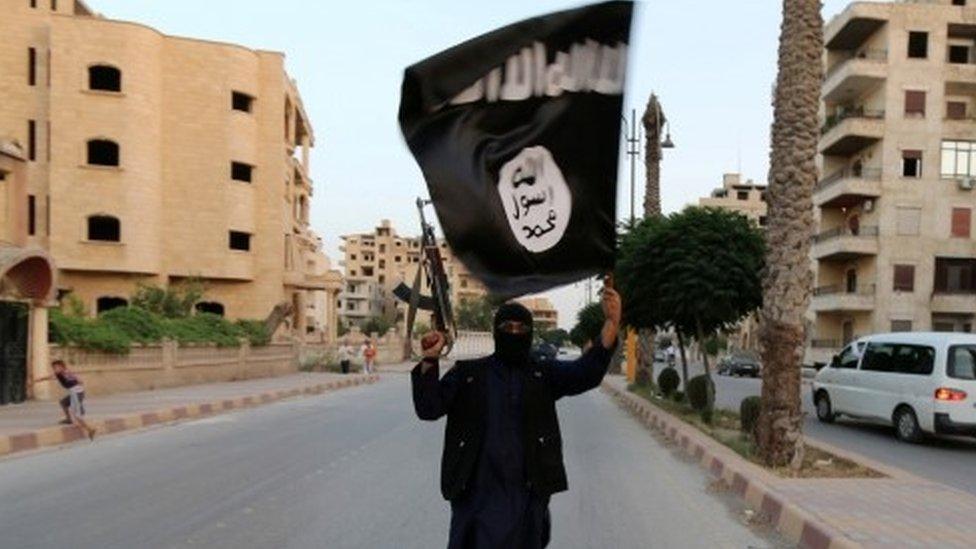
IS once controlled swathes of territory across Syria and Iraq
"Our counterterrorism prosecutors and law enforcement partners will continue working relentlessly to hold accountable those like the defendant who have supported ISIS's violent agenda."
Mr Asainov was handed over by the Syrian Democratic Forces (SDF) - a US-backed alliance of Arab and Kurdish fighters that captured the last IS stronghold in Syria in March.
An estimated 1,000 foreign fighters, as well as many women and children, are believed to be in SDF custody and many of their countries of origin have expressed concerns about bringing them back and being able to gather enough evidence to convict them.
In February, President Donald Trump urged European countries to take the jihadists back and bring them before courts, warning that otherwise they could flee Syria and pose a terror threat.
In May, Iraq sentenced four French citizens to death for joining IS. France had refused to take them back, saying they should face justice locally.
The BBC speaks to two British militants who were members of the so-called "IS Beatles"
The UK has refused to repatriate two men alleged to have been part of an IS execution cell dubbed "the Beatles" that beheaded at least 27 Western hostages.
The US has repatriated several of its citizens. As well as Ruslan Asainov they include women married to IS fighters, a man who taught English to IS followers, and a man who was captured before taking part in any combat.
- Published26 February 2019
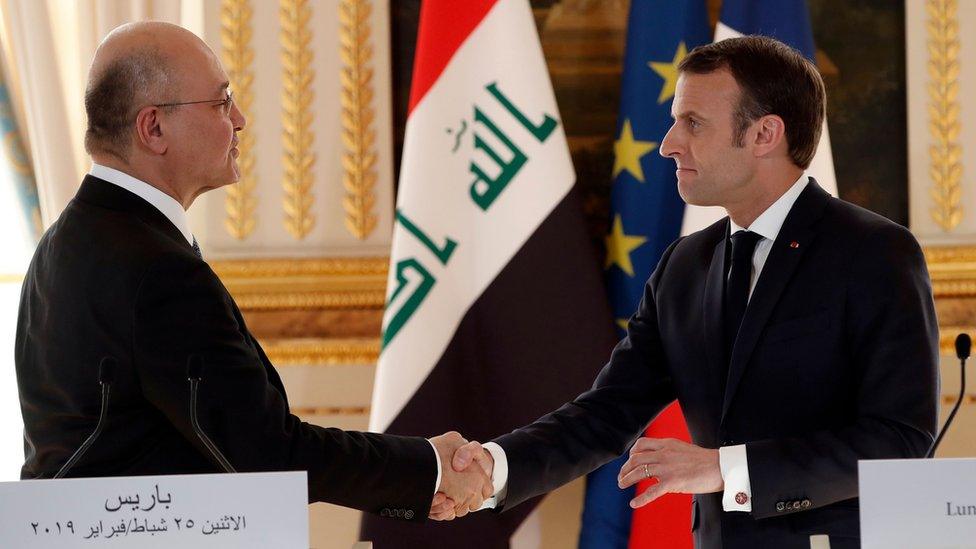
- Published21 February 2019
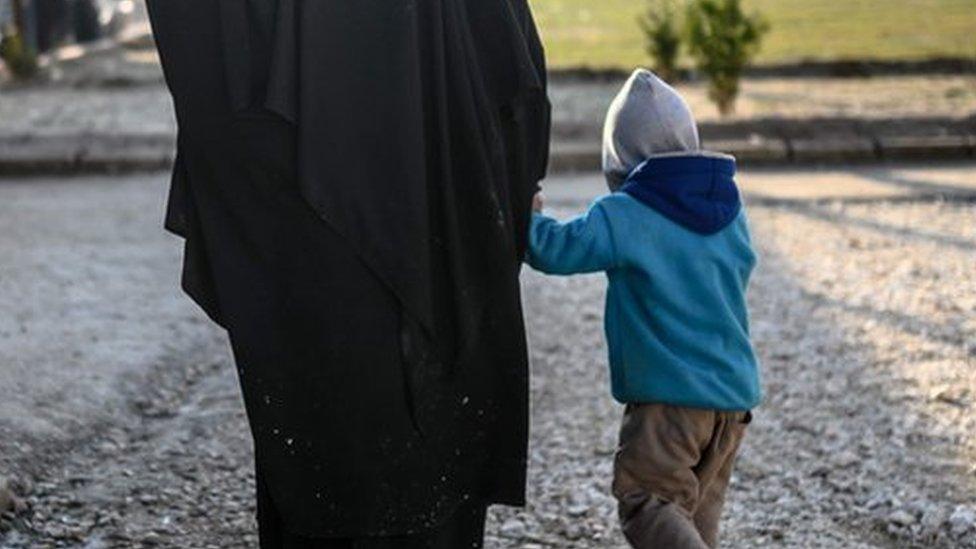
- Published15 February 2019
